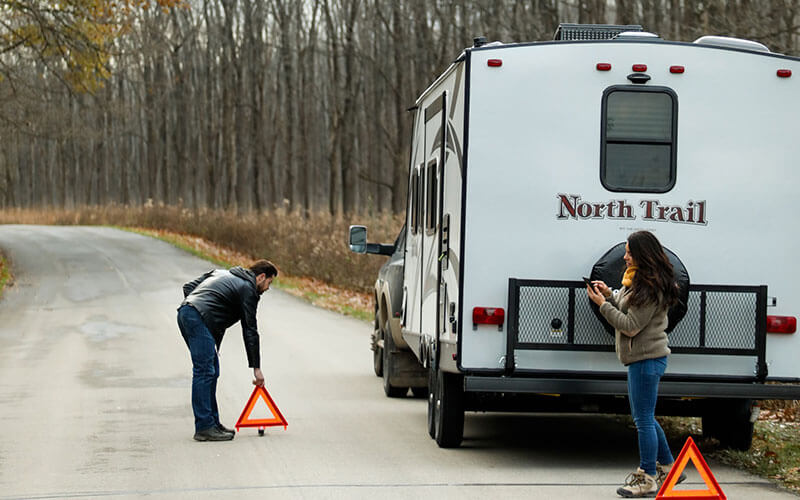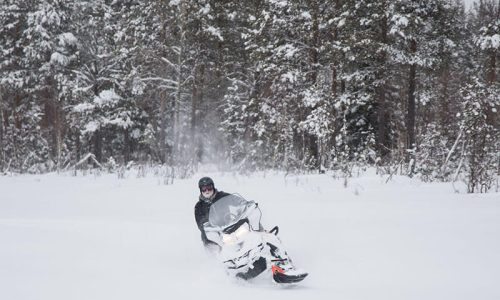
RV Insurance
- Outdoors
- June 5, 2024
Owning an RV is like owning any vehicle. And living in your RV, in many ways, is like owning any home. Both come with specific responsibilities and requirements that keep everybody safe and protect you from financial liability should an accident or theft occur. Today we will explore the ins and outs of RV insurance, your minimum requirements, and what you really need if you intend to live in your RV, either full- or part-time.
Auto vs. RV Insurance
Vehicle insurance can often cover recreational vehicles, but RVs tend to be excluded due to the added liability issues that such a large vehicle can present. You will need a policy specifically for your RV. Policies for both auto and RVs include liability, comprehensive coverage, and collision coverage.
Classes
Recreational vehicles vary considerably. For insurance and licensure purposes, they are classed as follows:
- Class A: Motorhomes ranging from 21 feet to 40 feet.
- Class B: Small motorhomes, often called campervans.
- Class C: Mid-range motorhomes up to 33 feet.
- 5th Wheel/ Conventional: Hauled behind your vehicle and may be covered by your auto policy. Additional coverage may be needed to protect personal effects.
- Pop-Up trailers: Hauled behind your vehicle and may be covered by your auto policy. Additional coverage may be needed to protect personal effects.
Full-Time RV Insurance
If you plan to live in your RV full-time, you will want the protections of a full-time RV insurance policy. Coverage is a mix of vehicle and homeowner’s insurance with higher personal liability and medical coverage for visitors. A full-time policy will also cover the loss of your personal property in the RV in the event of a break-in and theft, as well as any damage or costs associated with vehicular accidents while traveling.
Even if you do not live in your RV full-time, there will be circumstances where you will need to keep full-time coverage on the RV:
- Renting out your RV, even if it is stationary.
- Financing your RV
- To meet state insurance requirements
Part-Time RV Insurance
Part-time coverage is excellent for those who only use their RV for part of the year, as you only pay for full coverage when you are using it. You will still pay monthly, but the price when not in use is fractional and protects your RV while it is in storage with comprehensive coverage. If your RV is damaged in storage, by fire, or a freak hailstorm, your vehicle damages will be covered. When you are ready to hit the road for that summer vacation, you contact your insurance provider and notify them that you will be taking a trip and need to pay for full coverage. Once you return from your trip and put your RV back into storage, call the insurance provider again and reinstate part-time coverage.



